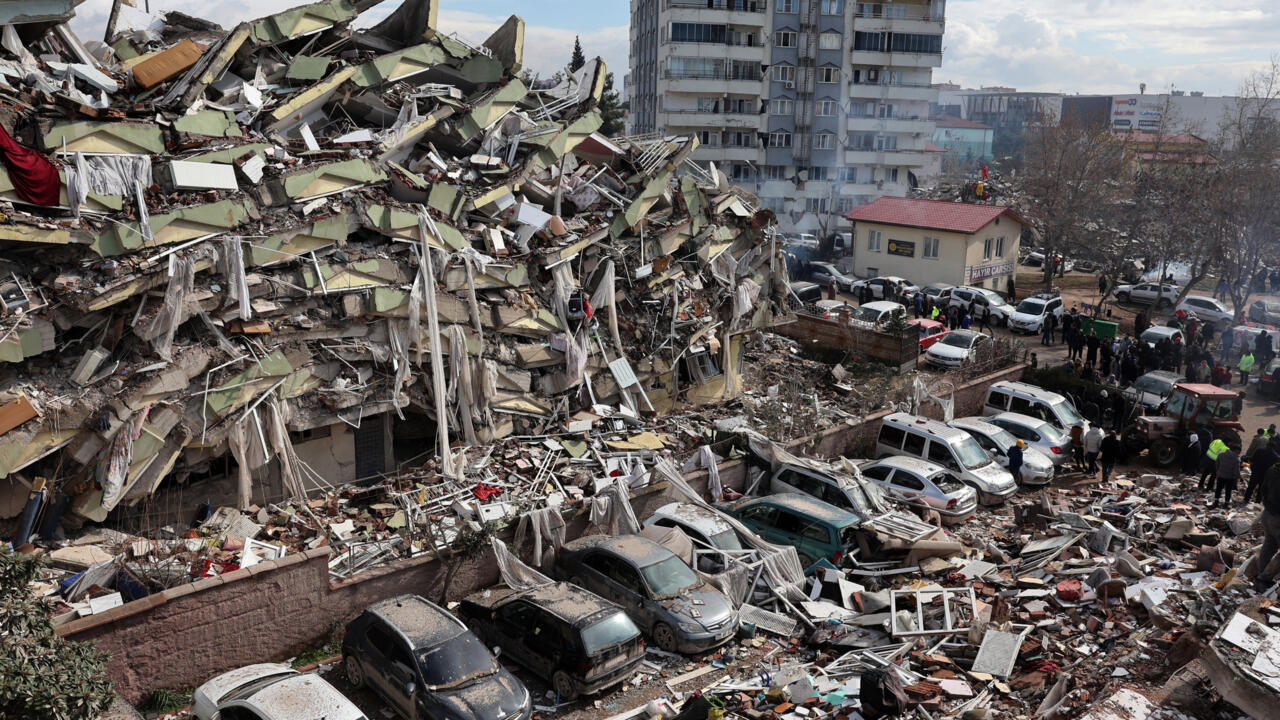A strong 5.8-magnitude earthquake struck just north of Rhodes in the early hours of Tuesday morning, shaking the Greek islands and western Turkey. The quake hit at 2:17am local time at a depth of 68km, waking tourists and locals with violent tremors.

The epicentre was about 29km north of Rhodes, a popular holiday destination. Tremors were felt across southern Greece, western Turkey, and coastal areas of the Aegean Sea. One teenager tragically died in the Turkish resort town of Fethiye, and dozens more were injured as they rushed out of buildings in panic.
Aftershocks were recorded shortly after the main quake, and emergency teams were quickly sent to assess the situation.
What It Is
The earthquake was a deep-focus quake, meaning it occurred far below the Earth’s surface (68km deep). This kind of quake tends to shake a wider area but usually causes less surface damage than shallow quakes.
The European Mediterranean Seismological Centre confirmed the quake’s strength at 5.8 magnitude. Although not as strong as Turkey’s devastating 7.8-magnitude quake in 2023, it was powerful enough to be felt across the Aegean region and wake people from sleep.
This area is well known for its seismic activity because of fault lines that run across Turkey and nearby regions. The earth’s crust here is constantly shifting, making earthquakes common.
So What? Insights
This quake is a reminder of how unpredictable natural disasters can be even in places popular with tourists. While Rhodes and coastal Turkey are built with some earthquake awareness, the shaking still led to panic, injuries, and at least one tragic death.
It also shows how even a mid-range earthquake (like 5.8) can feel extremely strong, especially at night when people are most vulnerable. Panic injuries, people getting hurt while running outside were a major issue in this quake.
From a travel and tourism view, this event is a clear call for better safety communication and earthquake awareness in high-traffic tourist areas.
Quick link: Mount Etna Erupts: What Happened
Key Implications
-
For Tourists: Visitors need to be more informed about what to do during an earthquake. Hotels and travel companies should clearly display safety steps, especially in known quake zones.
-
For Local Governments: Earthquake readiness must include not just buildings but also public awareness. Training and drills can help reduce panic injuries.
-
For Travel Agencies: It’s essential to have quick communication plans for informing tourists. TUI, for example, gave immediate advice to “stay calm and follow local instructions” a critical message during uncertainty.
-
For Disaster Response Teams: Early response matters. Teams were quickly dispatched in both Turkey and Greece, showing how important speed is in limiting injuries and damage.
Practical Takeaways
-
If you’re visiting an earthquake-prone area like Turkey or Greece, learn basic safety steps:
-
Drop, cover, and hold on.
-
Don’t rush out of the building during shaking, it’s safer to wait until it stops.
-
-
Hotels should post earthquake safety instructions in rooms.
-
Always keep a small emergency pack (water, torch, basic first aid) nearby, especially when travelling.
-
Stay tuned to local news and alerts. Aftershocks can follow the main quake.
Final Thoughts
Natural disasters don’t wait for a good time, they strike when least expected. This 5.8-magnitude earthquake was felt across countries, showing the power of Earth’s forces and the importance of preparedness.
Even though the damage was limited this time, one life was still lost, and dozens were injured. The event shows how being informed, prepared, and calm can truly make a difference in these moments.
Stay Ahead Effortlessly with SoWhat?
Want to stay informed without endless scrolling? SoWhat? is your AI-powered insights assistant, delivering concise, personalised reports on world events straight to your inbox—every 24 hours. Stay sharp. Stay informed. Get your free daily report HERE.













lvred7
Your article helped me a lot, is there any more related content? Thanks! https://accounts.binance.com/de-CH/register?ref=W0BCQMF1